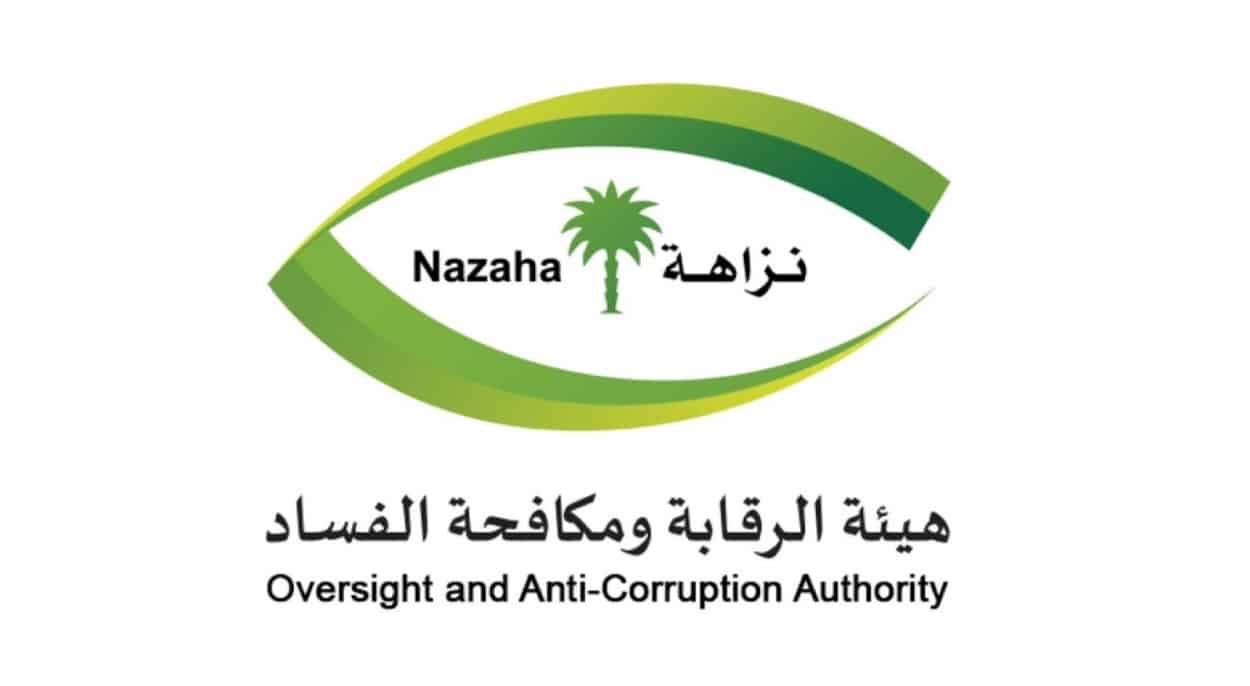In Saudi Arabia, the newly established Anti-Corruption Authority, known as “Nazaha,” has taken significant action following the Saudi Cabinet’s approval of a new system.
Arab media has reported the arrest of Saad bin Ibrahim Al-Yousef, a citizen and former public employee at a national security agency, on bribery charges. Al-Yousef was apprehended while receiving a check for 30 million riyals, the first instalment of a promised 100 million riyals bribe from a businessman in exchange for resolving a legal case.
Additionally, Amina Mohammed Ali, a Yemeni national residing in Saudi Arabia, was implicated as an accomplice in the scheme. Ali misrepresented herself as connected to a ruling Gulf family and as a government official, even producing a forged royal decree to substantiate her claims. She is accused of embezzling 80 million riyals from citizens under the pretence of investing in state projects, with the assistance of Adel Najm al-Din, of Sudanese origin and Muhammad Saleem Atta from Syria.
The report details that Ali facilitated meetings between the businessman and a former national security agency employee to expedite the case resolution. Saad bin Ibrahim Al-Yousef, a retired colonel, allegedly leveraged his previous service information to assure the businessman of a favourable outcome. The authorities have since detained those involved in the forgery, discovering that Ali had acquired various properties and valuable items abroad.
Under the regulations of Saudi Arabia’s Anti-Corruption Authority, as reported by the official newspaper Umm al-Qura, any government employee found guilty of corruption will be dismissed from service. Moreover, government employees are required to justify any inexplicable increase in wealth, extending the accountability to their family members as well.






